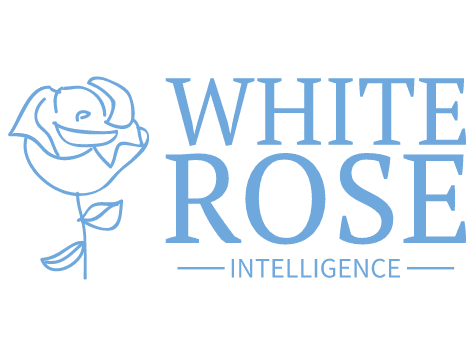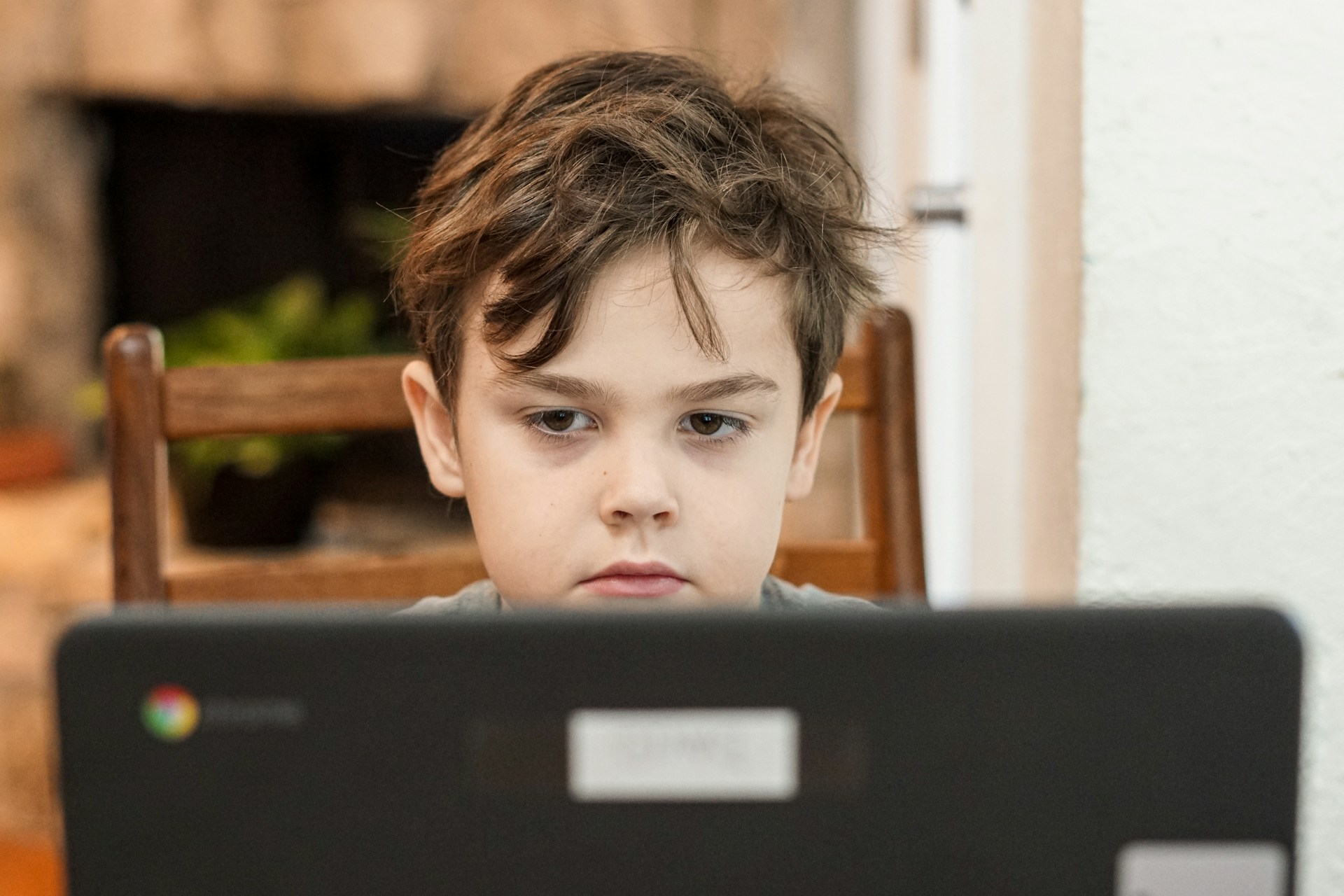We need to start addressing the severe “COVID hangover” that is endangering the future of an entire generation of students
By Perry Kinkaide
Students are facing a brutal “COVID hangover” that continues to wreak havoc on their education and mental health. The pandemic didn’t just disrupt classrooms temporarily – it left deep, lasting scars that have yet to heal. As grades plummeted, parents were left bewildered, teachers overwhelmed, and students struggling with shattered confidence and resilience. The impact stretches far beyond the classroom, and society as a whole is paying the price.
The rapid shift to remote learning in early 2020 was a shock to the system. Schools closed almost overnight, forcing students and educators into virtual classrooms with little preparation. For students, this meant a sudden need for self-discipline and the ability to manage learning without the structure of a physical classroom. The challenges were immense, especially for those from disadvantaged backgrounds.
The pandemic also exacerbated existing inequalities, exposing the harsh reality of the digital divide. Students from low-income families and rural areas faced limited access to the technology needed for online education, widening the gap in educational access and quality. This wasn’t just a temporary setback – these disparities created long-lasting educational gaps that will take years to close.
Teachers, too, faced unprecedented challenges. Many had little to no experience with digital platforms and had to rapidly adjust their teaching methods. The lack of in-person interaction made it nearly impossible to gauge student understanding, provide real-time feedback, or maintain engagement. Add to this the blurring of personal and professional boundaries, and it’s no surprise that teacher burnout skyrocketed.
The damage to student learning has been profound, particularly for younger students. Studies show significant learning loss in core subjects like math and reading. But the impact goes beyond academics – students’ social and emotional development has been severely affected. The isolation, anxiety, and uncertainty of the pandemic led to widespread mental health issues, which further hindered academic performance and deepened the overall decline in student well-being.
As schools gradually returned to in-person learning, the long-term consequences of the pandemic became more apparent. Learning losses won’t recover quickly, especially for those already struggling. The gap between high- and low-achieving students has widened, raising serious concerns about the effectiveness of online education. Addressing these disparities must be a top priority for educators and policymakers.
To make matters worse, schools lowered achievement standards and inflated grades to account for the disruptions in learning. Remote instruction made it difficult for teachers to accurately assess student performance, resulting in grades that often didn’t reflect the student’s actual understanding. This has led to confusion and frustration among parents and students alike.
The toll of the COVID-19 policies on students’ mental health has been severe. The isolation of remote learning weakened their confidence and resilience, leaving many struggling to stay motivated. This has resulted in low self-esteem, poor academic performance, and increased behavioural issues. The absence of consistent, in-person learning has left lasting effects on students’ social and emotional development, making it harder for them to cope with stress and challenges. Mental health support and rethinking traditional education models are crucial if we hope to prepare students for a post-pandemic world.
Addressing these widespread issues requires more than just patchwork solutions. Continuous monitoring of both cognitive and emotional progress is essential. Educators, parents, unions, and government must collaborate closely to rebuild an education system that meets students’ needs as they recover from the pandemic. While Alberta has taken some steps with new achievement measures, far more is needed to create a truly intelligent and responsive education system.
COVID-19 has left an indelible mark on an entire generation of students, and its effects will ripple through society for years to come. The lack of resilience among recent graduates is already affecting universities and employers. Society must confront the serious “COVID hangover” that threatens the future of these students. Reform is urgently needed, and it must be a shared responsibility across all levels of the education system if we are to prevent a lost generation.
Dr. Perry Kinkaide is an accomplished manager and visionary, a change agent with passion and perspective. Since retiring in 2001, Perry has remained active as an advisor and director for several diverse public and private organizations. He is the founder (2005) and Past President of the Alberta Council of Technologies Society. His pre-retirement positions include Canadian Knowledge Management Practice Leader and Managing Partner for KPMG Consulting in Edmonton (1987-2001) and Assistant Deputy Minister, Director of Privatization and Funding Reform, Edmonton Regional Director and Regional Coordinator of Services for the Handicapped with the Alberta Government (1972-1986). He received his BA from Colgate University in 1964, MSc in 1967 and PhD from the University of Alberta in 1972 in Brain Research.
The views, opinions and positions expressed by all Troy Media columnists and contributors are the author’s alone. They do not inherently or expressly reflect the views, opinions and/or positions of Troy Media or White Rose Intelligence.

